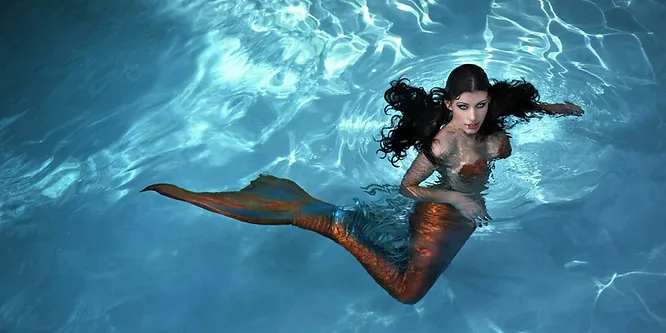By: Emma Xing
Mermaids are known for their hypnotizing voices above water. But what would they sound like underwater?
If a mermaid were to sing next to you underwater, you wouldn’t quite understand the. The sounds would sound muffled and you would be able to make out the words. However it doesn’t sound so complete anymore. Any mermaid, even Ariel wouldn’t sound pretty great.
But to understand more about this, we must dive deeper into how you hear sounds. Sounds are made when an object vibrates. For example your vocal cords in your throat are always vibrating when you talk. You can even feel it if you put your hand on it. But these vibrations can get through nearly anything, including gases, liquids, and solids. However, there are always soundproof walls!
Now, in each sound there are atoms and molecules which get pushed and pulled around by a motion in the sound. This motion causes the particles to go in a rippling wave pattern and makes the colliding particles cause sound.
Humans can hear these sounds starting from when these sound waves enter through that little air-space in the ear holes you have. The waves that enter in vibrate the eardrum which causes three of your bones there to move and wiggle. And those bones then touch the cochlea, a snail-like structure bone more on the inside of your ear. Which it then sends a signal to your brain of hearing sounds! This process may sound very fast but it all happens in a blink of an eye so humans can hear the sounds around them.
But that only happens on land. Underwater, the hearing story becomes completely different. Once your ears enter the water, they are plugged by the water around them. And since they are plugged you rely on the vibrating to your skull to hear other sounds. This happens because the water and bone have the same densities so when sound vibrates the skull instead of your ears.
So of course, it may not be the mermaid’s fault that you can’t hear them, in fact it’s because of the complicated matters of the human hearing.











